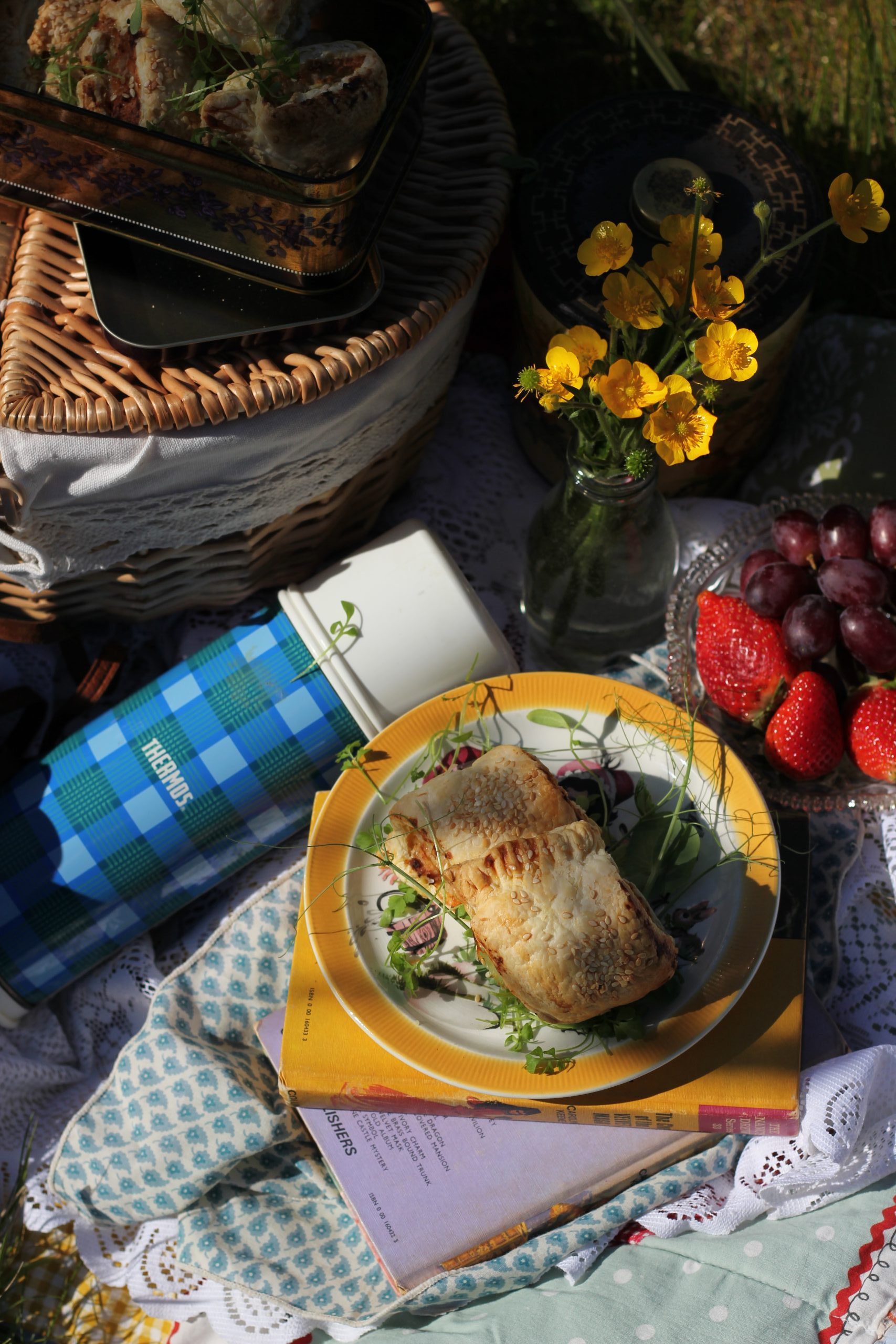
9 Foods You Shouldn’t Feed Your Baby
Thu Sep 24 2015

We’ve teamed up with eumom to give you the best advice when it comes to feeding your kids. Today, we’re talking about foods you shouldn’t feed your baby. While there are lots of lovely foods to introduce your baby to, there are certain foods you shouldn’t give until he or she is older.
1. Salt
Don’t add seasoning to your baby’s foods. Salt can strain and damage a baby’s immature kidneys. Your baby is unlikely to suffer from a lack of salt, but his health can be affected by too much salt – it can lead to dangerous dehydration.
A taste for salt can start very early on, and eating too many salty foods has been linked with high blood pressure and stroke in later life. Salt is found naturally in foods such as meat, bread, vegetables and cheese. Avoid less obvious sources too, like bacon, ham and other cured meats, salted fish and stock cubes and dried snacks.
2. Spices
Although many cultures use chilli and spices in cooking, very hot or strong spices are not suitable for babies.
3. Raw and undercooked eggs
You can offer your baby eggs after about six months of age, as long as they’re cooked until both the yolk and white are hard. Soft-boiled eggs can be given from 12 months of age. Don’t give your baby raw or lightly cooked eggs because they carry a risk of salmonella infection.
4. Goat’s and sheep’s milk
Goat’s and sheep’s milk is not suitable for babies under a year. All dairy products given to your baby should be pasteurised to reduce the risk of infection from harmful bacteria.
5. Soft cheese
Soft, ripened cheeses, blue cheeses and patés should not be given to babies until after a year of age because of the risk of listeria infection.
6. Caffeine and carbonated drinks
Tea and caffeinated or carbonated drinks are not suitable for babies. Substances in tea bind with iron and other minerals so that your baby or child can’t absorb vital minerals from his/her diet. Caffeine is also a stimulant, which should not be given to your baby. Carbonated drinks, diet drinks and other adult drinks can contain a number of unsuitable additives, including colorants, artificial sweeteners and sugar.
7. Honey
Don’t give honey to your baby under one year of age, because there is a small risk of contamination from harmful bacteria.
8. Nuts
Nuts and nut products, such as peanut butter, should not be given before 12 months due to the high risk of allergies. This type of allergy is serious and can be life-threatening, so if you or anyone in your family has a history of allergy, such as asthma or eczema or food allergies, there may be a risk that your baby is allergic to peanuts. Ask your doctor or dietitian for advice before you introduce any food that contains nuts to your baby’s diet. Whole nuts are not suitable until your child is around five years of age because of the risk of choking.
9. Other allergic foods
Wheat, citrus fruits and eggs are other foods that may cause allergic reactions. Don’t give them to your baby until he/she is six months of age. Introduce these foods in small quantities, one at a time, so that if there’s a reaction, you can spot it easily. Soya milks can cause allergic reactions, too so, if your doctor or dietitian recommends your baby be given soya milk, you must ensure it is a soya-based infant formula.
At eumom, we’re first for parenting, first for moms and we believe the best part of parenting is celebrating memorable moments together. From big announcements, to joyful arrivals, from first steps to first days of school, we are here for you.






